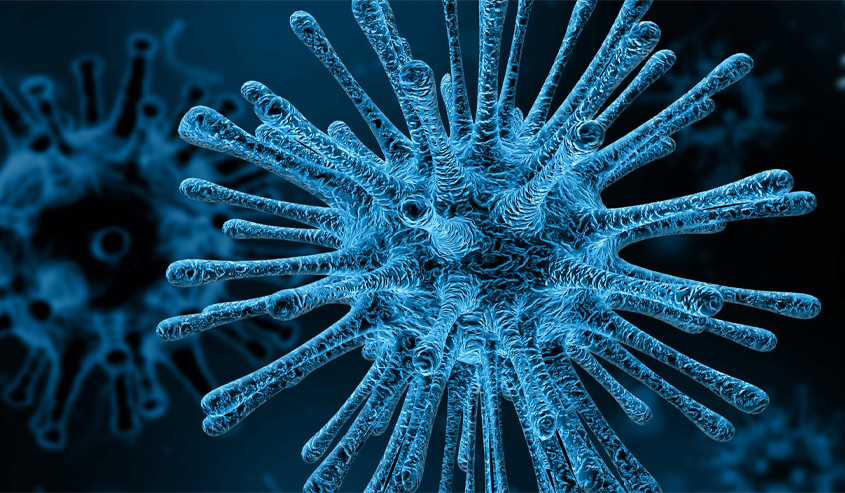
There are millions of types of fungi living in the environment, and they live on surfaces everywhere. Today, fungal diseases are very common and can affect anyone. Fortunately, there are a limited amount of fungi that can cause sickness in people. These can take the form in:
- Allergies
- Asthma
- Skin or nail infections and rashes
- Lung infections
- Infections in the bloodstream
- Meningitis
Some fungi move through the air as spores that you may inhale. Others can merely land on a surface or your body. Consequently, fungal infections often begin on the skin or may even begin in the lungs. When a fungus invades a human body, the immune system often cannot fight it off and it results in an infection.
More Serious in Immune Compromised People
Because fungi is so prevalent in the environment, anyone can get a fungal infection. In most cases, they are treatable in a healthy population. But often, people who have weakened immune systems can be more prone to them. When fungal infections target immune-suppressed people, they can become life-threatening. For people who get recurrent infections, they may signal more serious underlying health problems.
Other Things that Can Make You Susceptible
Besides immunity and underlying health issues, there are other reasons that people may experience an overgrowth of fungus in the body. Taking antibiotics can throw off the balance of microorganisms in the body, setting up a landscape for fungi to take up residence. High blood sugar or a diagnosis of diabetes can also provide food for fungi and encourage the overgrowth of fungus in a body.
Who is Most at Risk for Fungus Disease?
Age (either very young or very old) can be a factor when it comes to fungus disease. Exposure to contaminated surfaces is another. For females, using scented feminine products or wearing tight clothing without breathable fabric can make them more susceptible to vaginal fungus infection.
Treatment for Fungal Infections
If you suspect a fungus infection, you should seek the care of a medical professional in order to diagnose and treat it as early as possible. Depending on the part of the body that is affected, treatments can include:
- Antiseptic oral mouthwashes
- Treating blood sugar
- Eating foods with or supplements that contain acidophilus to correct digestive flora
- Medications that have antifungal properties
Get Proper Diagnosis and Treatment
Symptoms of fungal infections can be very similar to other illnesses so it’s important to get the correct diagnosis and treat it as soon as possible. If you have symptoms, it’s important to see your doctor for a proper diagnosis. Superficial infections such as ones that affect the skin and nails are usually only mildly uncomfortable. But systemic infections can affect blood, lungs and other body systems that can be serious.
Fungal infections are typically diagnosed with a culture test. Depending on what area the infection is affecting, your physician may call for skin or nail scraping, swabbing the infected area to gather tissue or fluid, getting a sputum culture, taking a blood test or urine test. These will confirm the type of fungi and propel the course of treatment.
